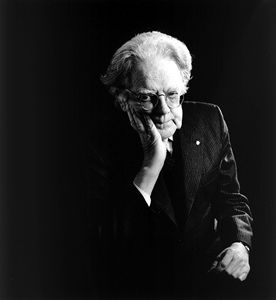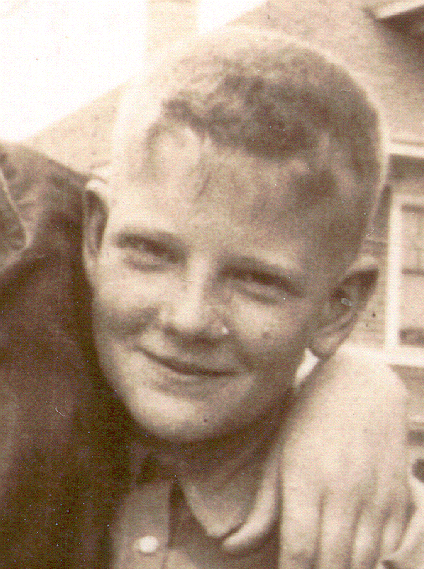httpv://www.youtube.com/watch?v=nweqmMnRi04
Scott Walker confiding in “David Koch.” (Part 2 of the conversation after the jump. A full transcript of the conversation here.)
Koch: Bring a baseball bat. That’s what I’d do.
Walker: I have one in my office; you’d be happy with that. I have a slugger with my name on it.
Koch: Beautiful.
Walker: Union-bashing…
Koch: Beautiful.
You’ve probably heard that Wisconsin’s Tea Party governor Scott Walker got a prank call from a reporter at The Buffalo Beast (founded by Rolling Stone‘s Matt Taibbi) in which he spoke with carefree frankness about his intention to break the public sector unions in the state. What’s crucial to the prank is the person Walker believed he was talking to: David Koch — the same David Koch to whom Walker seems eager to deliver untendered state contracts.
If you want to look into the representative faces of the corporate interests that have by this point more or less purchased the Republican party outright, look no further than the David and Charles Koch: they fund global warming denialism, they co-founded and fund the Tea Party, they threw millions of dollars at the Republicans during last year’s midterms and are looking to raise tens of millions more in 2012; now they intend to do a little union bustin’ in Wisconsin. These guys are not here to fool around. They’re working behind the scenes to distort public perceptions on some of the most important issues of the day and to gin up the political polarization that results. All of this effort is to advance an agenda whose only beneficiaries are themselves and the rarefied corporate cloud dwellers they associate with — as well as their bought-and-paid-for Republican flunkies in Congress. So the first thing to do is to bring them out of the shadows to give them the exposure they shun. That seems to be happening a little more every day.

